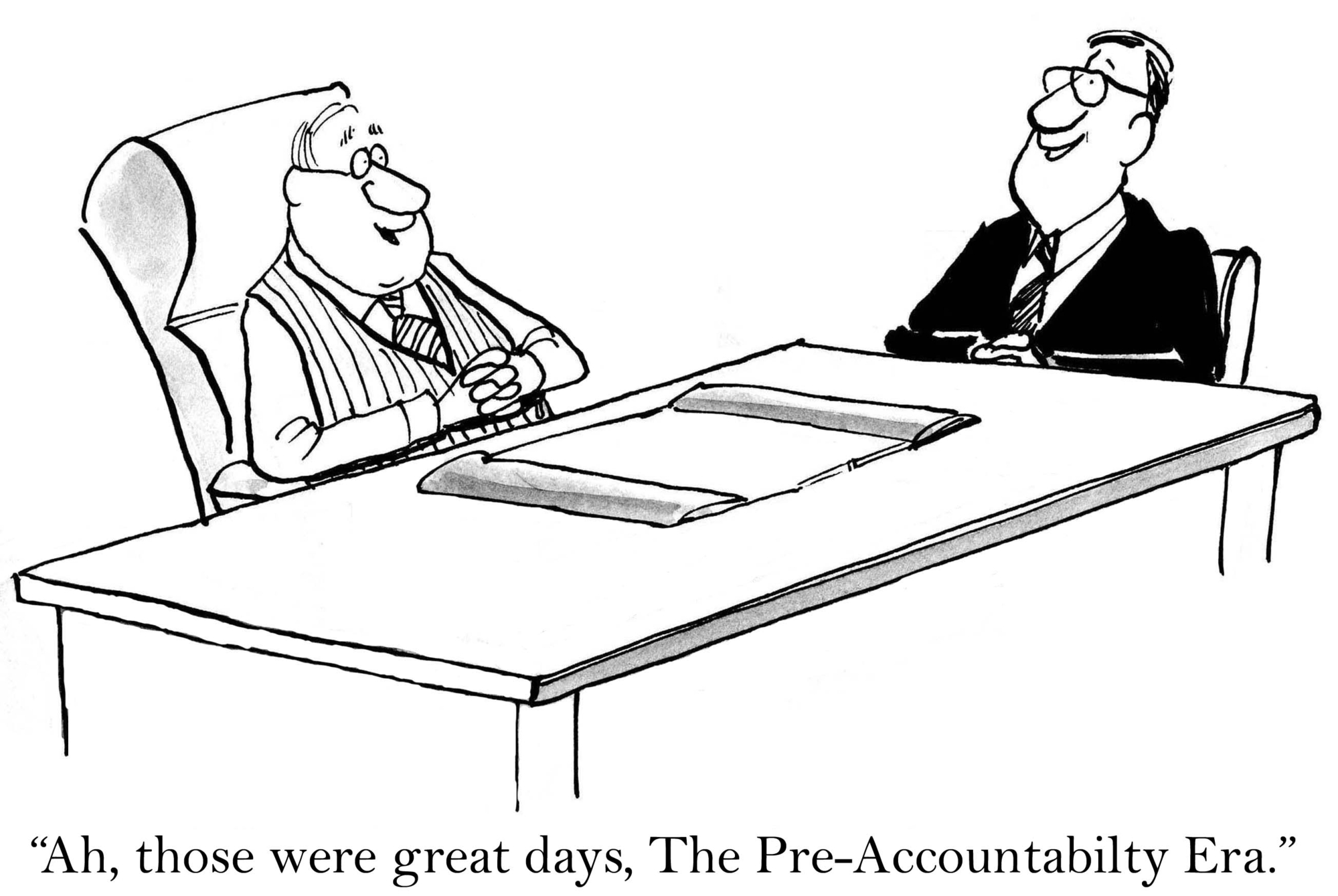What does "Best Practice" mean in the healthcare environment? Just as in any other field, "Best Practice" is the commitment to using all the knowledge, processes, data, and technology at one's disposal to ensure success. However, let's take that one step further and note that this success must be realized in the most efficient manner possible to make a difference to your organization's bottom line. Controlling costs through the proper utilization of resources and minimization of waste are ways that hospitals and health systems are achieving "Best Practice" status.
Category: Management
Budgeting for a Quick Comeback!
The months leading up to a fiscal year turn can be stressful enough. In light of the current climate, healthcare organizations are faced with even more significant challenges. Any preliminary volume and staffing projections previously in place are now being cast aside and re-evaluated based on new strategies to restore financial stability.
HealthCARE and Compassion in the wake of COVID-19
Healthcare is a demanding industry. There are a LOT of emotions associated with each experience, from the high highs of saving a life to the low lows of losing one. In recent months due to the COVID-19 crisis, healthcare professionals have endured mentally and physically grueling work conditions never before experienced.
Eliminating Waste
The U.S. Healthcare System is currently wasting an estimated $765 Billion (23% of what is spent) per year due to inefficient operations! Surprisingly, the majority of this waste is not being generated by pricing failures and supply chain issues, but through workflow and labor management deficiencies.
Embracing Accountability
When the ALTIUS team has an initial conversation regarding performance improvement with a hospital’s senior leaders, they are often unsure of what led to their current financial challenges. The reality is that it is never one decision, one hire, or one situation that deteriorates an organization’s bottom line. It can be the choices made day-to-day within the silos of the organizational structure, delaying difficult decisions, and/or a lack of accountability that leads to the overall decline.
The Fear of Productivity
Any healthcare consultant that focuses on productivity will tell you the mixed reactions received when sharing that you have been engaged to improve performance. Why are we, as an industry, conditioned to fear a word that brings value, accountability, and increased efficiencies to hospitals and health systems? Historically speaking, productivity was synonymously linked to a reduction in force or layoff. It is no wonder that just the mention of it could send panic across an organization, especially if previous experiences have left staff feeling lost, defeated, and defensive.
The Financial Impacts of COVID-19
The financial impacts of COVID-19 are unprecedented, crippling the operations of most healthcare organizations and leaving leaders to answer serious questions about strategies for stabilization. One of the quickest, most effective solutions is through workforce optimization. Improving performance by enhancing productivity and implementing processes to control labor costs will help hospitals and health systems to rebound in a systematic way that not only meets patient demand but ensures the right resources are in place to provide the best care.
How do you know how many FTEs you need?
With personnel expense making up more than half of the total operating cost of most hospitals and health systems, it essential to understand how many FTEs your organization truly needs to run efficiently. A Full-Time Equivalent, or FTE, is the sum of all worked or paid hours divided by the total hours in a pay period. For most organizations, that’s 80 hours per pay period or 2080 hours per year.
The Road to the “New Normal”
With the stay-at-home orders beginning to be lifted and life starting to normalize once again, there are many things healthcare leaders need to be cognizant of as the industry enters the recovery phase of this pandemic. Hospital and health system executives need to take stock of what has occurred, identify the impacts, both financially and operationally, and take the necessary steps NOW to prepare for what comes next. Here are a couple of key elements to consider: What waivers and operating flexibilities has your organization taken advantage of over recent months? Though it remains unclear if/when any of the regulatory changes made to create access and ease the delivery of care during this time will expire, plans must be developed to account for all scenarios.
Why use consultants?
As the saying goes, “asking for help doesn’t mean that you are weak, it means that you are wise.” Recognizing your organization’s strengths and knowing when an outside perspective is needed to drive greater levels of performance is the forward-thinking attitude that successful healthcare leaders embody. While sourcing the support of a consulting team isn’t always the most “popular” approach, it can be the most effective.






